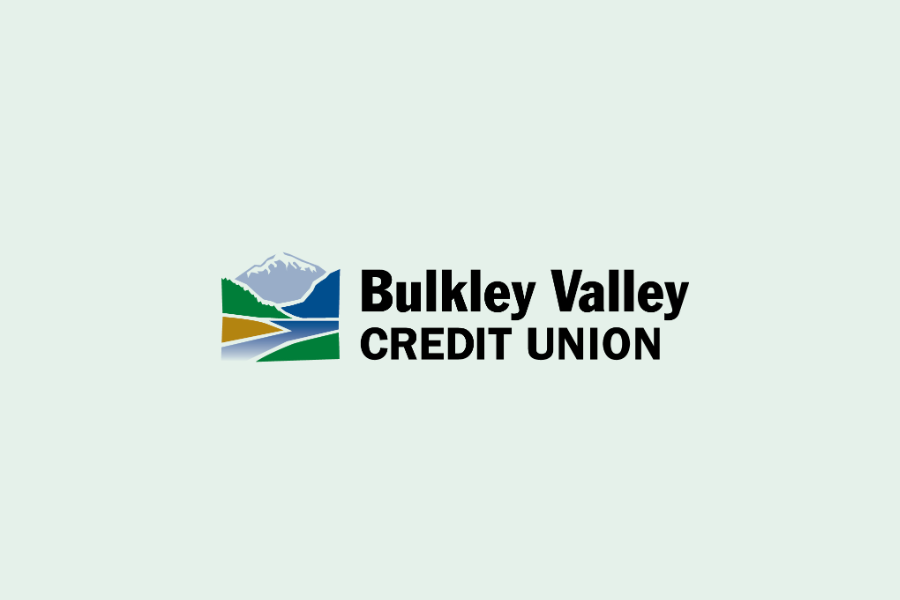Canadians use computers and mobile devices to get things done online, but there are a few simple things you should do to protect your personal information.
- Change your passwords regularly
- Don’t use the same passwords for everything
- Apply security updates as soon as you receive them
- Install anti-spyware to keep others from gathering information about your online habits or making unauthorized changes to your computer
- Install anti-virus software to protect your data from viruses and malware
Check the security certificate
Before you enter personal or financial information into a website make sure it is safe and legit.
- You can do this in most web browsers by checking the yellow lock icon on the status bar. If the lock is closed, then the site uses encryption to help protect any sensitive, personal information. If you have an up-to-date browser (which we recommend you always do), look for the green bar.
If an email or text looks suspicious, stop before you click
- Look carefully at what it claims and think about whether it makes sense
- Never click links within an email messages unless you are sure of the destination
- Check the branding, language and spelling to judge whether it seems legitimate
- Call the company and make sure the email came from them
- Links in phishing email and text messages often take you to phony sites that encourage you to transmit personal or financial information. Even if the address bar displays the correct address, don’t risk being fooled – con artists can display a fake URL in the address bar on your browser.
- Consider reporting phishing to the Government of Canada Spam Reporting Centre at spam@fightspam.gc.ca
- Report additional specifies such as resulting malware infection online at fightspam.gc.ca/src


